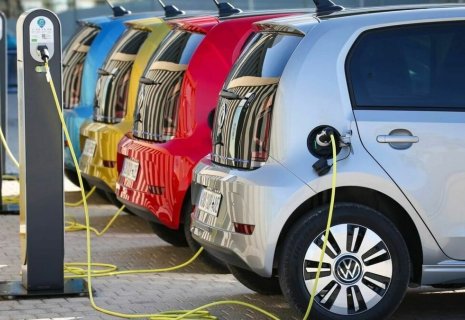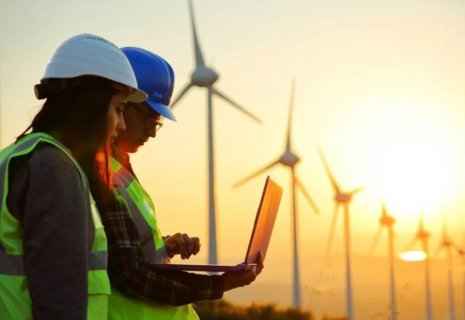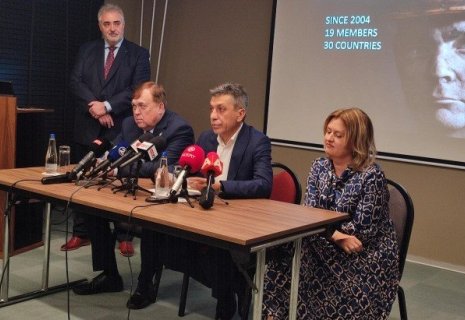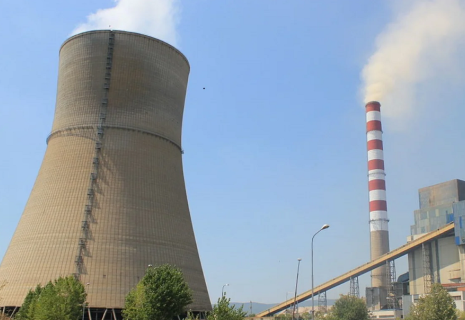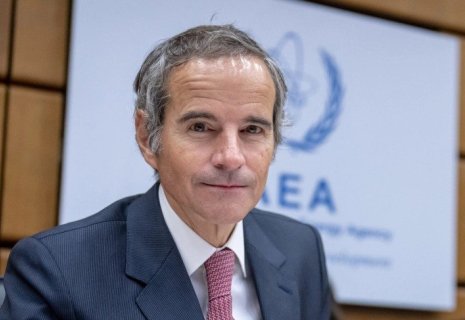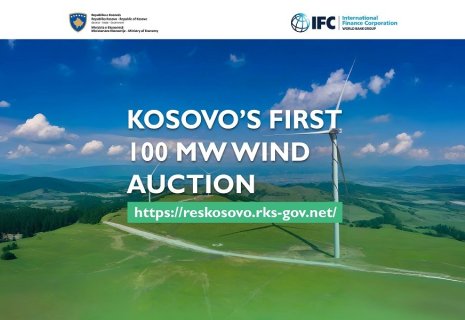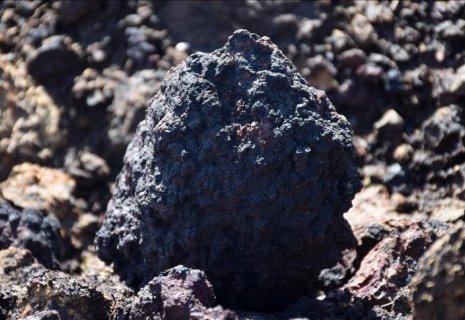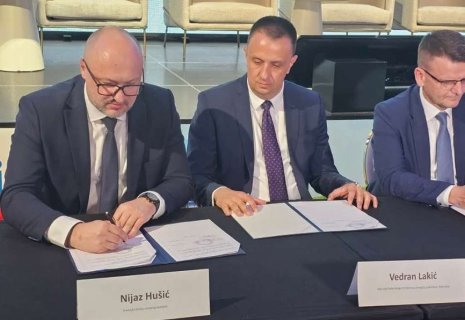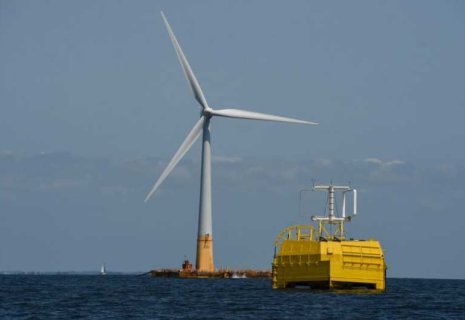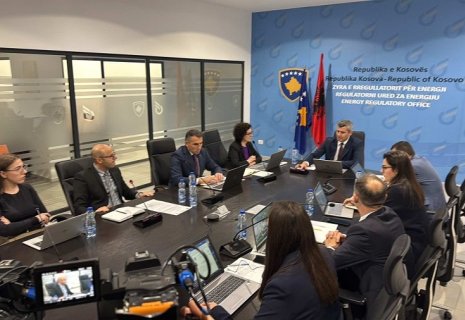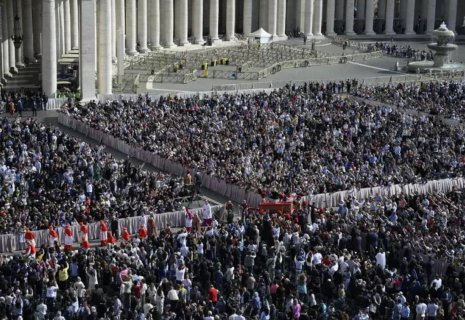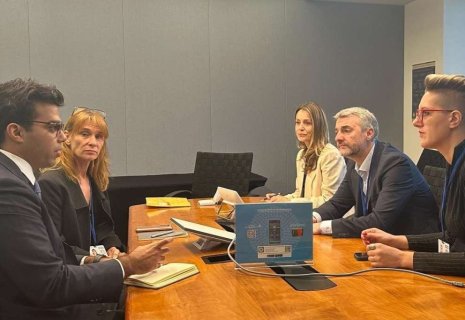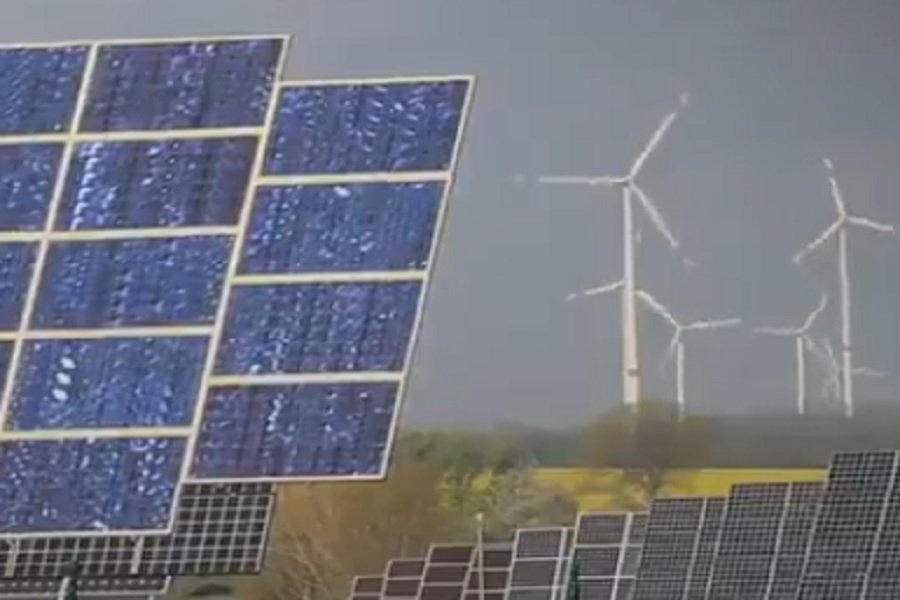
Germany’s Renewable Power Drops
Electricity production from renewable sources in Germany has declined significantly in the first quarter of 2025, due to low rainfall and long periods without wind.
In the period January-March, Germany produced 63.5 billion kilowatt-hours of electricity, or 16 percent less than in the same period in 2024, data from the Center for Solar Energy and Hydrogen Research and the German Association for Energy and Water Management (BDEW) show.
Electricity production at offshore wind farms fell by 31 percent and at onshore wind farms by 22 percent, due to low wind conditions in February and March, CE Report quotes Kosova Press.
Low rainfall has reduced production at hydroelectric power plants. Electricity production in photovoltaic systems increased by about 32 percent compared to the first quarter of 2024.
Renewable energy production varies depending on weather conditions, emphasized BDEW Executive Committee President Kerstin Andreae, adding that more storage capacity is needed to ensure supply.
Coal, lignite and gas-fired power plants produced 68.9 billion kilowatt-hours of electricity in the January-March period, 14.4 percent more than in the same period last year.
Germany produced a total of 132.4 billion kilowatt-hours of electricity in the first quarter, 2.7 percent less than at the beginning of 2024. 135.3 billion kilowatt-hours were consumed, roughly the same as last year.

